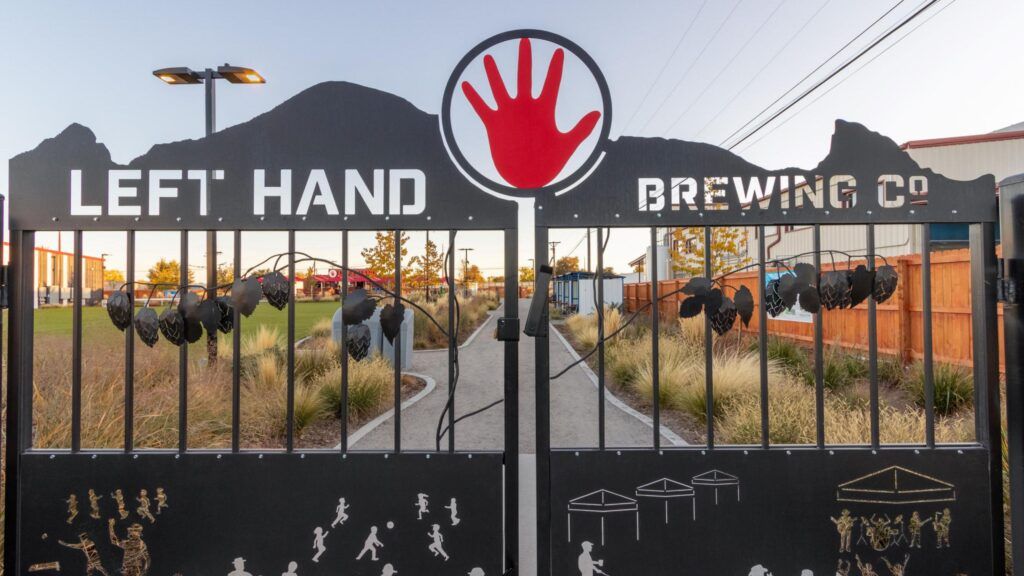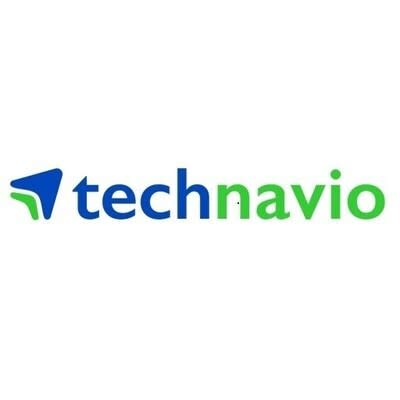LONGMONT — More than a month into the sale of its common stock through a crowdfunding website, Left Hand Brewing Co’s co-founder and president is optimistic that his idea can work.
“I think it’s promising,” Eric Wallace said Friday. “I’m getting a lot of positive reaction.”
The stock sale through WeFunder, an online platform helping companies solicit capital from non-accredited investors, as well as a more-traditional Securities and Exchange Commission Regulation D funding round, is part of Longmont-based Left Hand’s way to address what Wallace calls a “shakeout” in the craft-brewing industry.
SPONSORED CONTENT
“We wanted to answer two questions,” Wallace said. “First, is it important that companies like ours continue to exist? And second, is there a viable path from a multigenerational perspective for independent breweries to continue to exist in the face of the power of multinationals?
“This is a project to determine the answers to these questions,” Wallace said. “I’d be fooling myself if I said this was a sure bet, but I think it’s a worthy endeavor.”
After an explosion in craft brewing two decades ago, the entire market for alcoholic beverages has been in decline since the COVID-19 pandemic, Wallace said, “and craft beer has been part of that. There’s a shakeout underway. The market is trying to find some kind of new normal, and we’re not there right now.”
With many craft brewers going out of business and others selling out to multinational corporations, Left Hand was faced with an existential question, he said. “What are we going to do? Just ride it down to the bottom, or do something about it?
“I have very adamantly turned down numerous offers to sell out to big companies or private equity, because small independent businesses are vitally important to society,” Wallace said. “Left Hand aims to stay independent because we’re so connected to the community in which we operate. We’re partially employee-owned, and we’ve had this dream for years to also partially be community-owned” — in a model akin to the community ownership of the National Football League’s Green Bay Packers.
Left Hand in 2015 finalized the repurchase of common shares from its current stockholders and established an Employee Stock Ownership Plan, solidifying its investment in employee ownership. But now, more steps are needed if the brewery intends to stay independent, Wallace said.
“Some of us are going to have to partner up, and we also need to have access to capital,” he said. “We tried an opportunity fund as a way to accomplish that, and it really didn’t come to pass.
“We started talking about raising capital in 2019 when we bought everyone out,” Wallace said. “Our cash went to the early investors, and we’re left with the property and the debt.”
Still, he knew the brewery was well-positioned.
“We’re lucky enough to be in Longmont, which has the highest quality water in the state, and with NextLight we have the fastest internet in the country. We’re really set up to be one of the regional operators that should see us through whatever the shakeout turns out to be, and also to carry with us some other brands that want a place.”
The company finally launched the common-stock sale on WeFunder, he said, because, “now, still in the echoes of COVID with surging prices and inflationary costs, we’ve talked to our bankers about it and finally said let’s get this going.”
So far with the initial results of the stock sale, he said, “we’re approaching halfway to our goal of raising about $1.25 million.”
As of late Friday, Left Hand’s WeFunder website recorded a total of $498,550 reserved by 211 investors.
Wallace hopes to raise another $1.5 million through the Reg D funding round.
“We’ll have the first closing of that in a couple weeks,” Wallace said. “We’re looking for another group of owners we can go back to if a compelling deal presents itself and we need more cash. But we want to keep it close to home here in Colorado.”
Part of that capital will go to support Left Hand’s RiNo Drinks and Eats in Denver,” he said. “We need to keep that operating as that neighborhood continues to grow and it’s not a construction zone any more.”
The WeFunder campaign “creates a special-purpose vehicle,” Wallace said, “and the ESOP operates the same. If you’re in the ESOP, you live what’s happening in the industry every day, and you know there’s going to be change.”
What won’t change, Wallace hopes, is that “we want to stay part of the lifeblood of this community.”


